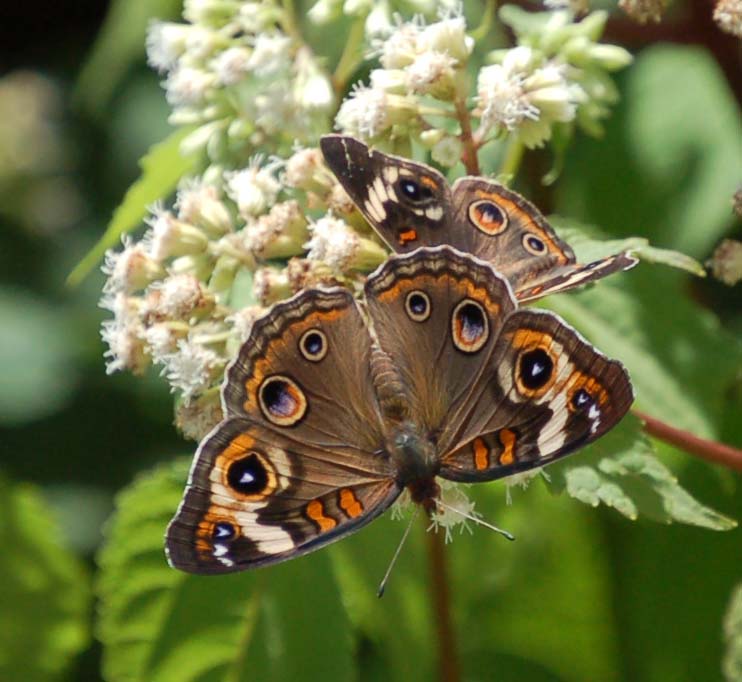Welcome! - Landscape IPM
INTEGRATED PEST MANAGEMENT is a strategy used to manage insect pests in the landscape by using economically and environmentally sustainable practices. Today, the concept of chemical treatment as a singular means to control plant pests is no longer viable or acceptable. The goal of IPM is not to eliminate insect pests, but rather to strengthen and stabilize the landscape (ecosystem) so that conditions are more favorable for plants than they are for pests. This is achieved by employing a c...| Landscape IPM

